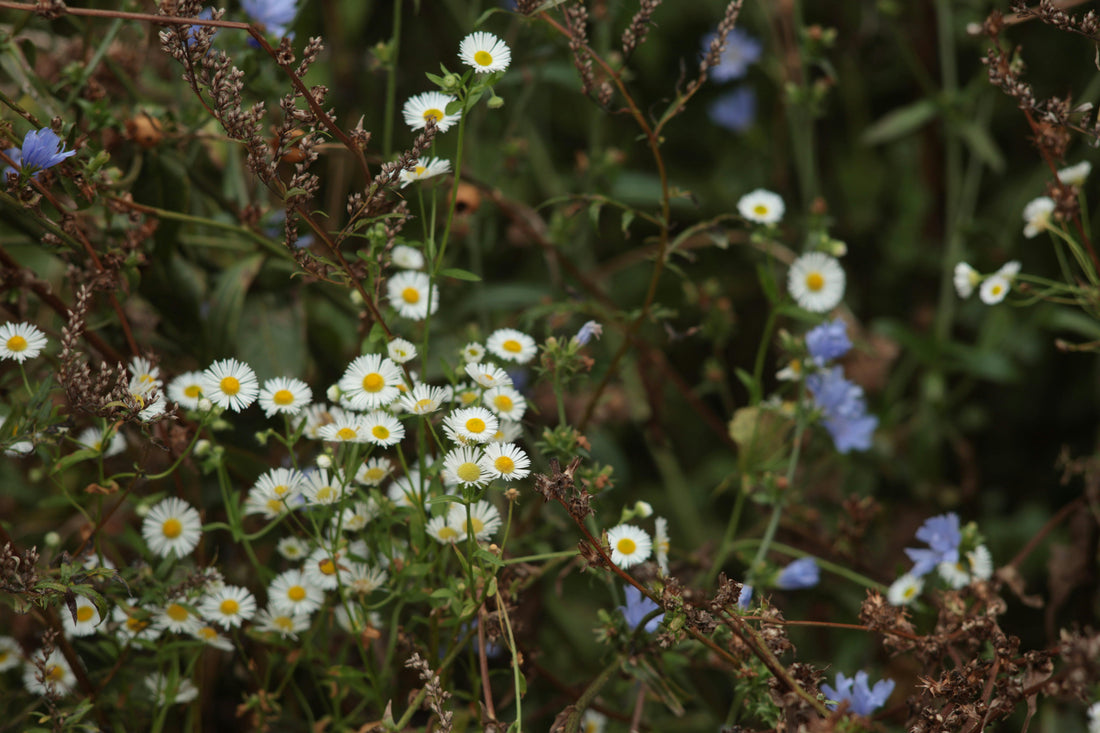
Author Spotlight: Jim Nollman
Author Spotlight: Jim Nollman
Jim Nollman, the author of Why We Garden, has long stood at the intersection of art, ecology, and deep listening. His writing is rooted in decades of experience observing, engaging with, and honoring the natural world. From publishing a newsletter for over 25 years to composing music with whales and placing both his sonic and written work into the Smithsonian’s permanent collection, Nollman has consistently expanded the boundaries of how we connect to nature.
In this conversation, Nollman reflects on the evolution of his path as a writer, the unexpected roads that led him to publish books on nature. Whether recounting a favorite chapter about sacred wildflowers in the Arctic or offering practical encouragement to new writers, Nollman’s insights remind us that meaningful storytelling begins with attention — and what better than to pay attention to the nature that is all around us?
Sentient: Tell us about your path as a writer. What inspired you to start writing, and what catalyzed the writing process for this book?
Author: I had something to say, and other people seemed interested to hear it. I published a newsletter for 25 years, and often re-edited for magazines, journals. This caught the attention of an agent and so I wrote books, often edited by great editors and top publishers. All 25 years of newsletters will soon be online at interspecies.com.
Sentient: Was there a particular moment or experience that sparked the idea for your book? If so, can you tell us about it?
Author: Two books. My writing about nature was being bought and published. The infrastructure to publish books was handed freely to me.
Sentient: What ultimate message do you hope to convey to readers?
Author: Interact with nature. Encourage a sense of place in your own life.
Sentient: What chapter or passage was the most fun for you to write?
Author: I am partial to a chapter in Why We Garden entitled The Sacred Garden about wild flowers in the high arctic growing in small clusters with significant distance between them. My Inuit guide explained these clusters as a historical record of the places where predators like wolves killed and ate prey like musk oxen, over centuries of time.
Sentient: Do you have a writing routine? What does it look like?
Author: I'm retired. I keep busy as a mentor for good writing leading to great ideas being communicated. My music with animals, including some of my writing has recently been placed in the permanent collection of the Smithsonian. Much more about this development, but it's not for brief question and answer blurbs.
Sentient: What role do you think books and authors play in contributing to meaningful and positive social change?
Author: Less than before social media. The necessary skill set to express yourself well has been going downhill ever since.
Sentient: If your book could help shift one perspective in our culture, what would it be?
Author: Treat animals, trees, flowers, as members of your community. As teachers.
Sentient: What advice would you give to someone who wants to write their first book?
Author: Do it. You'll always be the only one holding you back.